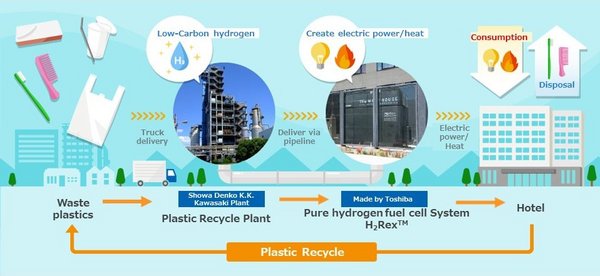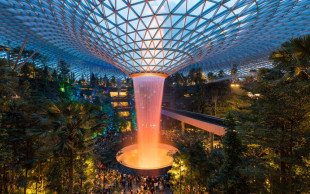SINGAPORE, July 29, 2020 /PRNewswire/ -- As marine pollution becomes a global issue, the public and private sectors are making progress to combat this problem. In Japan, Toshiba is using its advancements in hydrogen energy in an innovative 'Hydrogen Hotel' project, to help Kawasaki City overcome the city's pollution problem.
For the full multimedia release, click here: https://www.prnasia.com/mnr/toshiba_202007.shtml
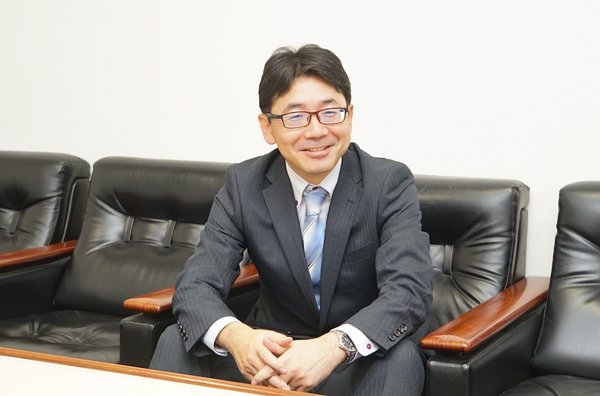
Takahiko Abe, Specialist, System Design Department, Hydrogen Energy Business Division, Toshiba Energy Systes & Solutions Corporation
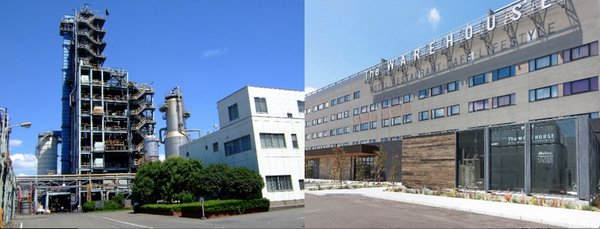
Left: Plastic recycle plant in Showa Denko Kawasaki Right: The pure hydrogen fuel cell system “H2Rex(TM)” that was implemented at the Kawasaki King Skyfront Tokyu REI Hotel
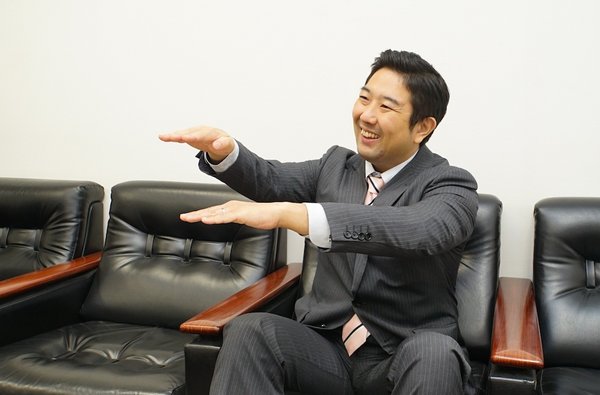
Takuya Suzuki, Specialist, Business Development Department, Hydrogen Energy Business Division, Toshiba Energy Systems & Solutions Corporation
The world's very first "Hydrogen Hotel"
Opened in June 1, 2018, the hydrogen hotel in Kawasaki City is an innovative project, where the hotel creates hydrogen from waste plastics to supply about 30% of the energy the hotel needs. In the first year after its opening, the hotel ran a test in which it recycles even the amenities used in the hotel rooms (toothbrushes, hair combs) as feedstocks for hydrogen production.
Headquartered in Kawasaki City, and having researched fuel cell technologies since the 1960s, Toshiba has developed a product called "H2Rex™", a pure hydrogen fuel cell system that converts hydrogen to heat and electric power without producing CO2. At the time of the project, Toshiba had already implemented the system in more than 100 sites, including supermarkets and convenience stores.
The project required the linkage of each step in the supply chain, from the waste plastics to the hotel, one by one. The important thing was figuring out how to connect this hydrogen supply chain within Kawasaki City.
By connecting the hotel to the hydrogen pipeline, it enables for the high-volume, stable supply of hydrogen, and also helps make the process more low-carbon, since the delivery will not produce any CO2 emissions. The entire supply chain would produce approximately 80% less CO2 emissions than the use of existing energy sources.
The disposal of waste plastics is a social issue not just in Japan, but in areas throughout the world. Toshiba aims to use the knowledge gained from the hydrogen hotel project and provide it as a global solution in the future.
Photo - https://photos.prnasia.com/prnh/20200707/2850364-1-a?lang=0
Photo - https://photos.prnasia.com/prnh/20200707/2850364-1-b?lang=0
Photo - https://photos.prnasia.com/prnh/20200707/2850364-1-c?lang=0
Photo - https://photos.prnasia.com/prnh/20200707/2850364-1-d?lang=0
